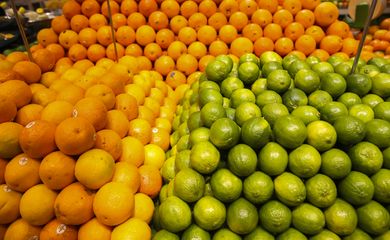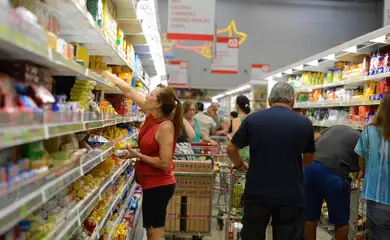Registration of new pesticides still on the rise in Brazil

The world’s largest consumer of pesticides, Brazil has approved 505 new pesticide registrations this year alone, as per data from the Ministry of Agriculture and Livestock.

Between 2019 and 2022, 2,181 new registrations were granted, an average of 545 a year, and this number is expected to grow even further if President Lula approves the Pesticides Bill, recently passed in the Senate.
Among other changes, the bill stipulates the creation of an acceptable risk for substances that are currently banned for having effects linked to the development of cancer, hormonal changes, reproductive problems, and genetic damage.
The publication Atlas dos Agrotóxicos (“Atlas of Pesticides”), by the Heinrich Böll Foundation, reveals that, since 2016, Brazil has broken successive records in the time series of pesticide registrations, which began in 2000. In 2022, 652 pesticides were licensed, 43 of which new active ingredients.
Although he agrees that current registration is slow, Alan Tygel, from the Campaign Against Pesticides, believes that the ideal would actually be for health and environmental control bodies to be more involved in analyzing registration requests, rather than having more flexible legislation. “[President] Lula’s first year brought a lot of discontent. We had hoped for signs of greater concern,” Tygel, one of the authors of the Atlas, said in a statement.
Residues
Brazil’s drug authority Anvisa reported last Wednesday (6) that one in four foods of plant origin in the country contains residues of banned pesticides or pesticides at levels higher than those allowed by law. The survey analyzed 1,772 samples of 13 different foods collected across 79 municipalities in 2022.
Of the 2.6 million tons of pesticides used in the world each year, Brazil emerges as one of the largest consumers in this market, which generated almost 28 billion euros, some BRL 101 billion, in 2020 alone, according to the Atlas. The figures show that the country became the world’s largest importer of these substances in 2021, with a jump from 384,501 tons in 2010 to 720,870 in 2021, up 87 percent.
Public health
The growing use of pesticides in Brazil puts the country in a sensitive position when it comes to food safety and public health. Using data from Anvisa itself, the Atlas found that 56,870 cases of pesticide poisoning were recorded between 2010 and 2019—an average of 5,687 cases a year, or 15 people poisoned every day. However, the Brazilian Ministry of Health itself admits that underreporting is high, adding that the real amount of poisoned people may be higher.
The Atlas also shows that Brazil's public health care network, SUS, may spend up to BRL 150 per case of pesticide poisoning, adding up to an estimated annual cost of BRL 45 million. The cost to SUS can reach $1.28 for every one dollar invested in pesticides, depending on the treatment.




